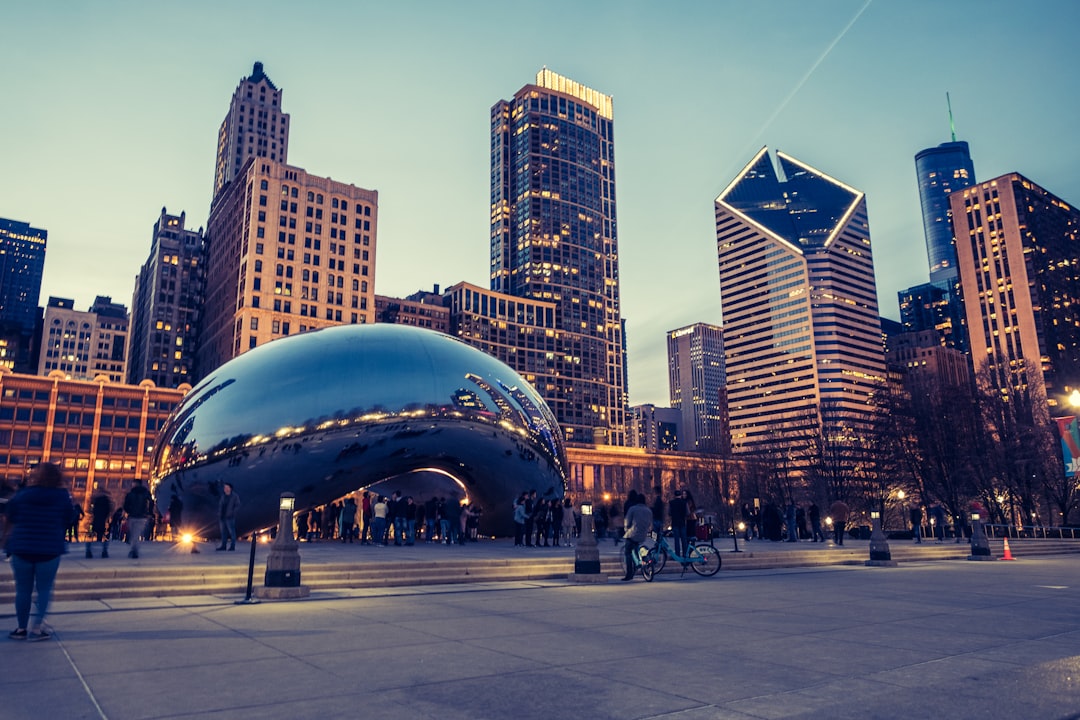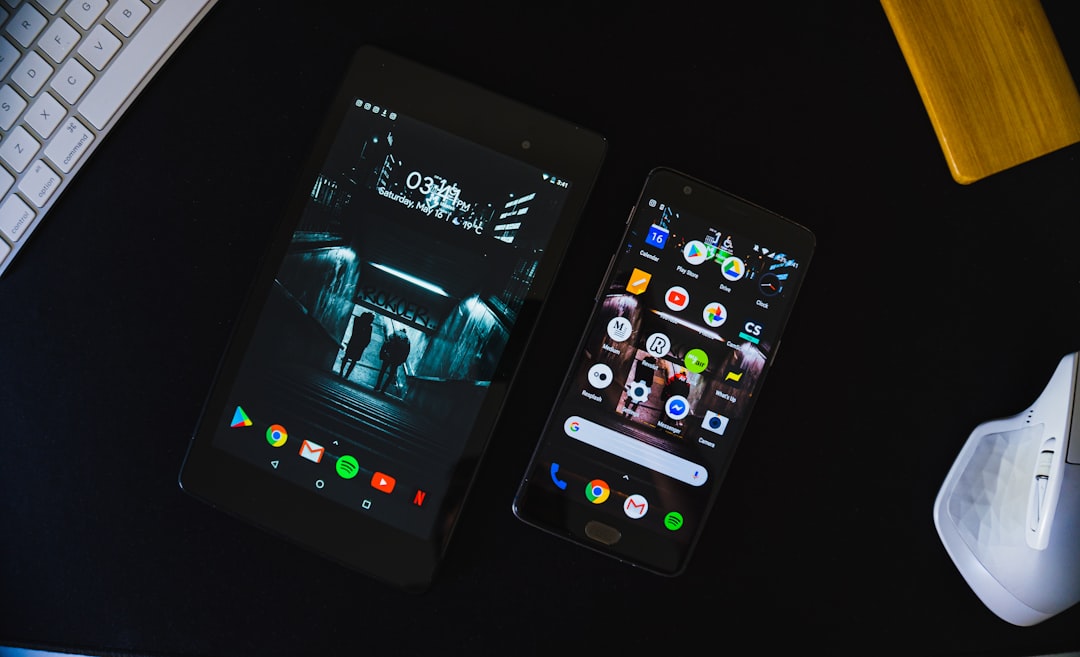Robocalls from robocall attorneys Chicago disrupt learning in educational settings. As technology advances, schools face challenges balancing modern communication tools with student privacy protection under TCPA. Robocall attorneys Chicago guide schools on legal compliance, preventing fines and lawsuits. By implementing call-blocking features, apps, and personalized communication, schools minimize disruptions from automated calls, enhancing classroom focus and education delivery.
In the digital age, robocalls have become a pervasive distraction, impacting various sectors, including education. This article explores the effect of automated calling on Chicago’s school system and offers insights into legal perspectives and effective call management strategies. With an increasing number of robocalls targeting students, schools, and parents, this issue demands attention from both educators and robocall attorneys in Chicago. By examining current practices, we aim to highlight solutions to minimize the interference of robocalls and enhance academic environments.
Robocalls: A Modern Distraction in Classrooms

In today’s digital era, robocalls have become an increasingly common nuisance, especially in educational settings. These automated phone calls, often used by robocall attorneys Chicago for marketing purposes, disrupt the learning environment and pose a significant challenge to Chicago’s education system. Students and teachers alike are faced with constant interruptions, as these pre-recorded messages blatantly intrude upon classroom time, hindering both teaching and learning processes.
The integration of technology in classrooms has opened new avenues for educational resources, but it also introduces novel distractions. Robocalls, with their automated nature and often persuasive tones, compete for students’ attention, making it difficult for educators to maintain focused instruction. As a result, schools are left to navigate the delicate balance between utilizing modern communication tools and mitigating the negative impact of these unwanted calls on academic performance.
Legal Perspectives on Automated Calling in Education

In Chicago, as in many places across the country, automated calling or robocalls have become a prevalent issue, especially in educational settings. While these calls can offer valuable information to students and parents, they also raise legal concerns regarding privacy and consent. The Telephone Consumer Protection Act (TCPA) sets forth strict guidelines for automated calls, including those made for educational purposes. Robocall attorneys in Chicago play a crucial role in ensuring that schools and educational institutions comply with these regulations to protect students’ rights and maintain trust.
Schools utilizing robocalls must obtain explicit consent from individuals before initiating contact, especially when using prerecorded messages. Legal experts specializing in robocall litigation advise educational entities on navigating the complexities of this legislation. They help draft policies that safeguard against unauthorized calls, ensuring compliance to avoid potential fines and lawsuits. With the increasing sophistication of automated calling technology, it’s essential for Chicago’s education system to stay informed about legal perspectives to maintain a robust and compliant communication strategy.
Chicago's Educational Institutions and Call Management

Chicago’s educational institutions, from primary schools to universities, have been navigating a modern challenge: the deluge of unwanted robocalls. As technology advances, so do tactics employed by telemarketers and scammers, making it increasingly difficult for students, teachers, and administrators to separate legitimate communications from nuisance calls. This issue has prompted many educational facilities to seek robust call management solutions.
Robocall attorneys Chicago have played a pivotal role in assisting these institutions in combating this growing problem. By employing advanced call screening technologies and implementing strict calling protocols, schools can minimize disruptions caused by automated phone systems. Moreover, legal counsel specializing in robocalls ensures that any measures taken comply with relevant regulations, providing a safe and effective environment for learning and teaching without the constant intrusion of unwanted calls.
Strategies to Minimize Robocall Interference in Schools

To minimize the interference caused by robocalls in Chicago’s education system, schools can implement several strategies. One effective approach is to educate students and staff about identifying and blocking robocalls. Many modern phone systems offer call-blocking features that can be activated to automatically filter out unwanted calls, including those from robocall attorneys Chicago. Schools can also encourage the use of call-screening apps or software that allow users to preview and block calls before they reach their devices.
Additionally, schools can update their communication protocols to reduce reliance on automated phone systems. This may involve adopting more personalized and direct methods like email, text messaging, or dedicated student communication platforms. By diversifying communication channels, schools can decrease the likelihood of robocalls disrupting classroom activities and focus more on delivering educational content effectively.






